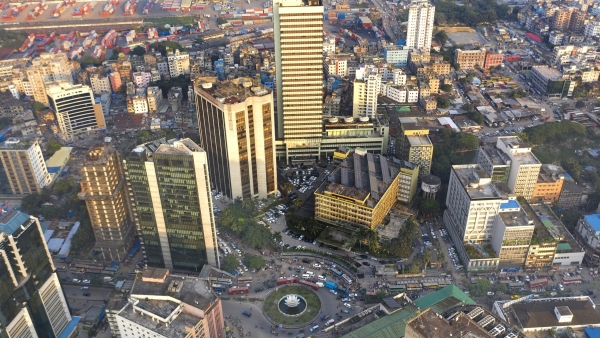
Bangladeshi banks face weak profitability in 2023: S&P
The COVID measures, which have yet to be relaxed, will squeeze banks’ margins.
Banks in Bangladesh will continue to be beset weak profitability in 2023, hit by a double whammy of lower net interest rates and increase in credit costs, reports S&P in its 2023 Banking Outlook.
The local regulator has yet to unwind COVID measures, with interest rates capped at 9% for all barring credit-card loans, the report said.
“Due to cap floors, banks in Bangladesh are likely to see a squeeze in their margins as the country faces an increase in inflation,” said Amit Pandey, primary credit analyst, S&P.
For 2023, Pandey expects private-sector banks may need to still limit their dividend payouts and growth ambitions, and increase their provision coverage for COVID-related stresses.
State-owned banks will require sizable capital infusions to reach Basel III standards, he added.
ALSO READ: Meaningful experiences, wellness as key pillars of the return of travel: Mastercard’s Mayank Dutt
COVID-related stresses have also yet to fully impact banks due to regulatory forbearance. As a result, Bangladesh’s banks will still have to create provisions for these stresses.
“Whilst Bangladesh's economy has recovered from the depths of the COVID-related slowdown, it is weathering a period of heightened external pressure due to high commodity inflation, an elevated current account deficit, and declining foreign exchange reserves,” Pandey said.
The banking industry further faces structural asset-quality challenges as a result of weak lending standards and foreclosure laws. State-owned banks notably continue to hold large amounts of weak assets.
“Bangladesh's banking industry will likely face structural challenges from high credit risks, the fragmented nature of the system, weak governance at some banks, and the low capitalization of state-owned banks,” Pandey warned.






















 Advertise
Advertise








